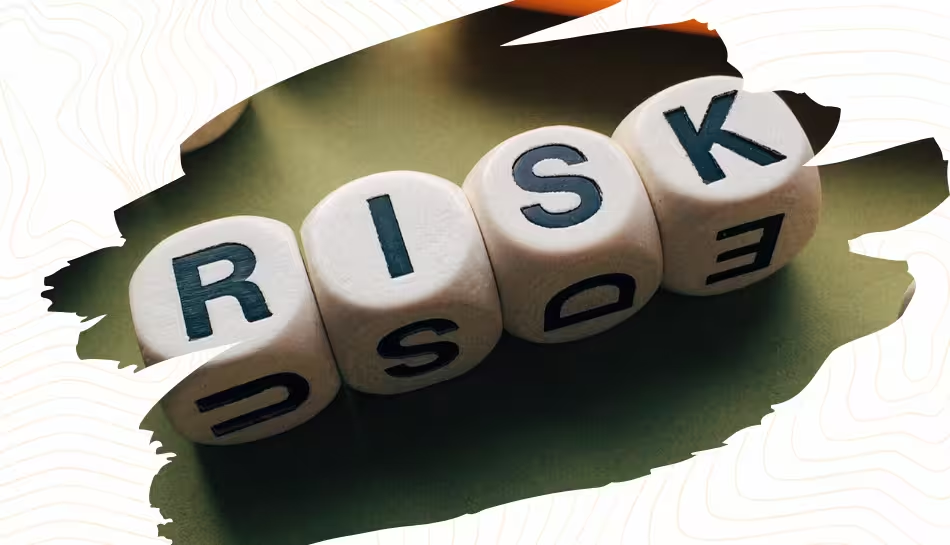In today’s world, people expect more from businesses than just products and profits. Customers, investors, and employees want companies to act responsibly, give back to society, and make a positive impact. This mindset is at the heart of Corporate Social Responsibility, or CSR.
What is Corporate Social Responsibility?
Corporate Social Responsibility (CSR) is a business approach where companies take responsibility for the social, environmental, and economic effects of their operations. It’s about being a good corporate citizen, caring about more than just the bottom line.
In simple terms: CSR means doing business in a way that’s good for people, the planet, and profits.
Why CSR Matters Today
1.Builds Brand Trust
Customers prefer to buy from companies that support causes they care about. A strong CSR strategy helps build trust and long-term loyalty.
2.Attracts and Retains Talent
Employees, especially younger generations, want to work for organizations that stand for something meaningful. CSR gives your company purpose beyond profit.
3.Improves Public Image
Positive press from sustainability initiatives, charity work, or ethical sourcing can significantly boost your brand’s reputation.
4.Strengthens Community Ties
Local communities are more likely to support businesses that support them. Whether it’s sponsoring events or offering internships, CSR strengthens these relationships.
5.Future-Proofs Your Business
With stricter environmental and social regulations on the horizon, companies that already practice responsible operations will be better prepared.
Types of CSR Activities
CSR can take many forms, depending on the size and goals of a company. Here are a few common examples:
- Environmental Initiatives
- Philanthropy
- Ethical Labor Practices
- Volunteering
- Sustainable Sourcing
Reducing waste, switching to renewable energy, or planting trees to offset carbon emissions.
Donating money, products, or services to nonprofits, schools, or disaster relief efforts.
Ensuring fair wages, safe working conditions, and diversity in the workplace.
Encouraging employees to give back through community service or skill-based volunteering.
Using materials and suppliers that prioritize environmental and ethical standards.
Real-World Examples
Many well-known companies have made CSR a core part of their identity:
- Tata Group has long been involved in education, healthcare, and rural development across India.
- Unilever runs sustainability programs across its brands, including using eco-friendly packaging.
- Google has invested heavily in renewable energy projects and digital inclusion.
- Patagonia, the outdoor clothing brand, donates part of its profits to environmental causes and encourages customers to repair, not replace, their products.
You don’t need a massive budget to start with CSR. Even small gestures, like supporting a local NGO, reducing paper use, or hosting employee wellness sessions, can make a difference.
How to Build a Strong CSR Program
1.Start with Your Values
What does your company stand for? Align your CSR efforts with your mission and culture.
2.Set Clear Goals
Define what you want to achieve, whether it's reducing energy use, supporting education, or promoting gender equality.
3.Involve Employees
Get your team excited and involved. Let them suggest causes or participate in volunteering events.
4.Be Transparent
Share your progress, challenges, and results publicly. Authenticity builds credibility.
5.Measure Impact
Track key metrics so you can see what’s working and improve over time.
Final Thoughts
Corporate Social Responsibility is no longer a “nice to have.” It’s a must-have. Whether you’re a multinational company or a growing business, showing that you care about more than profits can give you a powerful edge. CSR isn’t just about doing good. It’s also about doing smart business.
When companies take care of society, the environment, and their people, they don’t just survive... they thrive.



